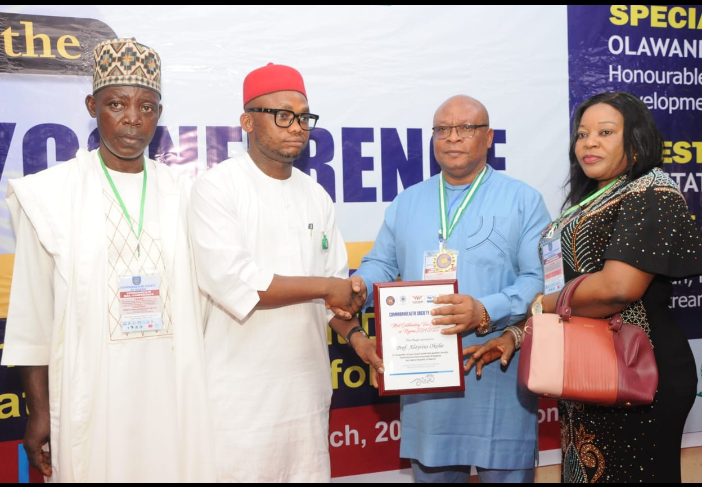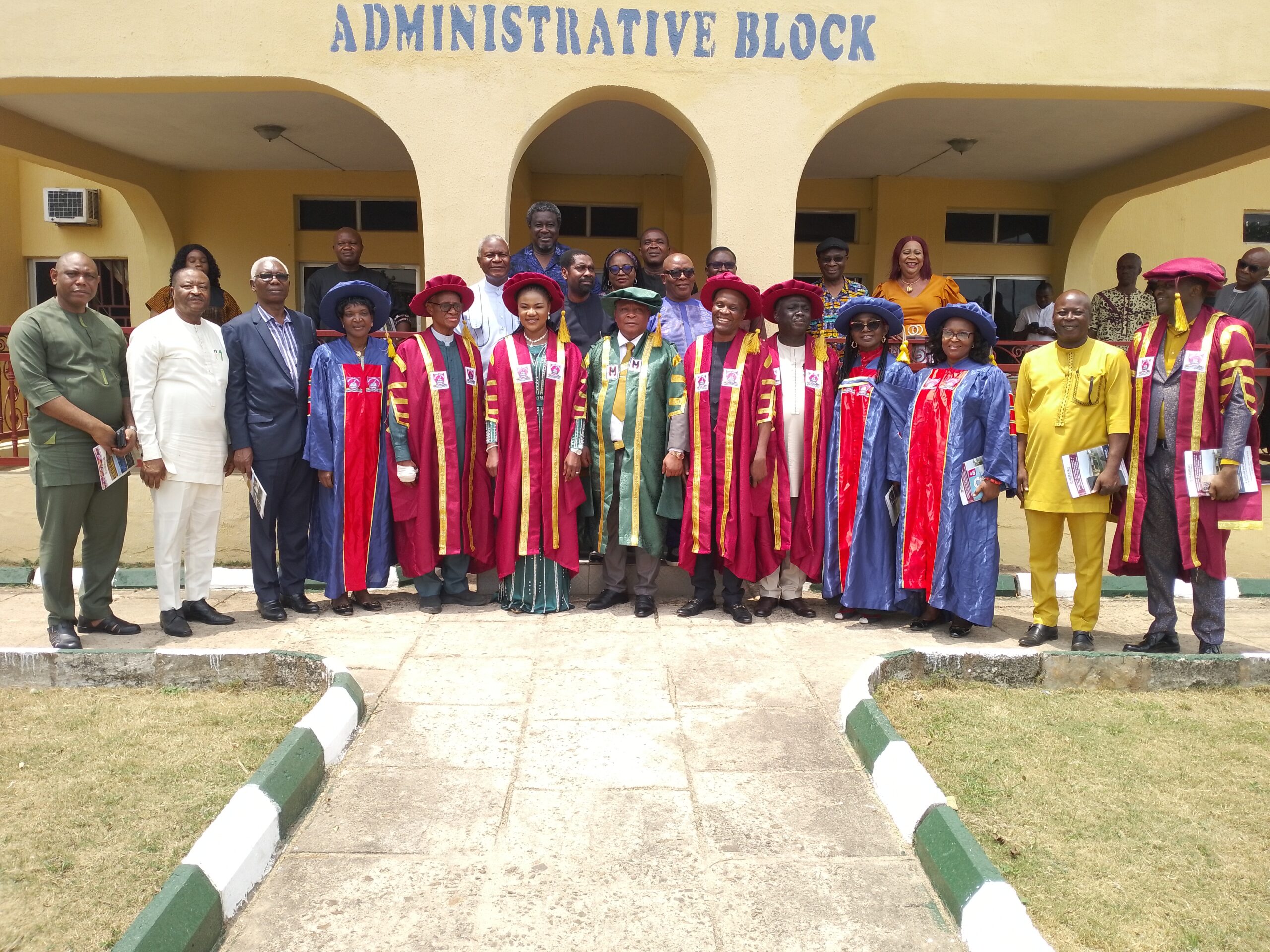In a shocking turn of events, the University of Jos has announced a staggering increase in school fees, leaving students and their families reeling from the massive financial burden.
The university’s authorities have revealed that fees will surge from the current N45,000 to an eye-watering N213,000, representing an unprecedented increment of over 300 percent.
According to a newly released school fees chart, the exorbitant N213,000 fee will apply to 100 and 200 level students, while those in 300 level and above will now have to bear the burden of N160,000.
The move has sent shockwaves through the student community and sparked outrage among parents and Nigerians at large. The decision comes as a surprise, considering that the university had already raised fees in 2017, taking them from N27,000 to N45,000.
Back then, the Vice Chancellor, Professor Sabastian Maimako, justified the increase by citing factors such as diminishing budgetary allocations, rising bills, and the need for material upgrades. However, the current Vice Chancellor, Professor Tanko Ishaya, is now under scrutiny for failing to adequately consult with stakeholders, including the Students Union Government and parents, before implementing this steep fee hike.
The University of Jos is not alone in its fee increment. Just last week, the University of Lagos (UNILAG) also announced a significant raise in fees, eliciting widespread criticism and protests from students and their families.
Many have expressed their concern that the recent trend of escalating fees is a reflection of a broader “neoliberal agenda” of the Nigerian government, led by President Bola Tinubu. This comes at a time when over 150 million Nigerians are living in abject poverty, grappling with the additional burdens of rising fuel and electricity prices.
The Take-It-Back movement, a prominent civil society group, has stood firmly with the students and their families, denouncing the increasing financial strain on education. The movement believes that this surge in fees will further exacerbate the challenges faced by millions of Nigerians who are already struggling to make ends meet.
The university’s decision has reignited the long-standing debate about the state of public education in Nigeria. Many are calling on the government to take action and address the affordability and accessibility of higher education. As protests grow louder and discontent spreads, the government faces mounting pressure to find a solution that ensures quality education remains within reach for all Nigerian students.




